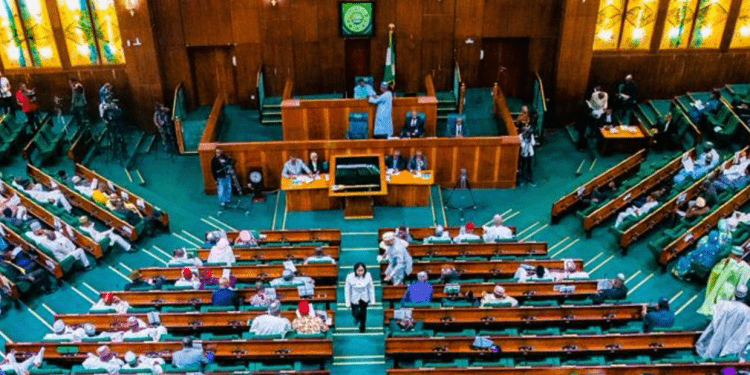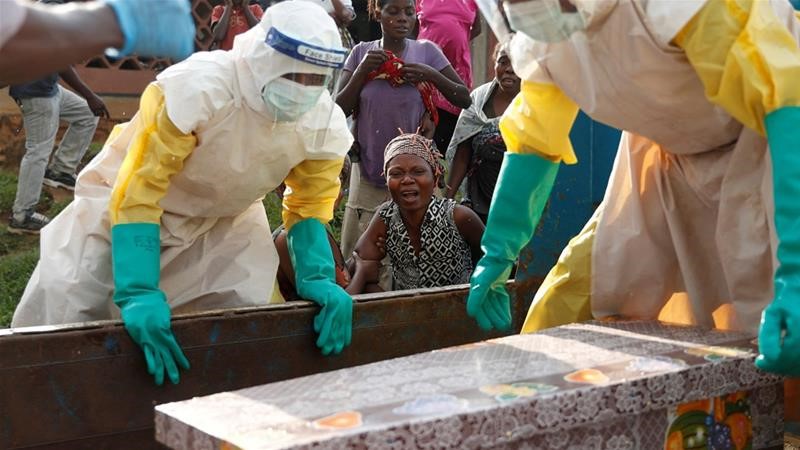The House of Representatives, on Tuesday, passed for first reading a controversial bill seeking to ban public and civil servants, including their families, from using private schools and healthcare services.
The proposed legislation, sponsored by a member representing Isuikwuato/Umunneochi Federal Constituency of Abia State, aims to compel government workers to rely on public institutions for education and medical care.
Ogah, while addressing journalists after plenary, argued that the trend of public officials sending their children to private or foreign schools and travelling abroad for medical care has worsened the decay in public facilities.
According to him, the legislation will compel public servants to use government schools and hospitals, adding that this would ensure improvement in infrastructure and service delivery in those facilities.
While decrying the billions of dollars Nigerians spend annually on foreign medical care and education, the lawmaker noted that public schools and hospitals have become shadows of their former selves due to neglect by leaders who prefer private and foreign options.
His words, “This bill intends to prohibit all public and civil servants, including their immediate family members, from patronising private schools and health care services in order to avoid conflict of interest, maintain public trust and ensure high, uncompromised standards and integrity of these public institutions.
“Before Nigeria attained independence and became a republic, our foremost statesmen all had their education in government schools. Sir Ahmadu Bello attended Sokoto Provincial School and Katsina Training College, now known as Barewa College, while Nnamdi Azikiwe attended a mission school, Holy Trinity College and Christ Church School, all in Onitsha. Likewise, Chief Obafemi Awolowo and Alhaji Tafawa Balewa also attended these schools.
“The penchant for patronising private educational institutions and health care services was alien to our democrats of old, but today, it has become an unwholesome trend for both public and civil servants to seek private educational institutions and medical care for themselves and their family members to the detriment of the economy of our country.”
He lamented that the country in 2024 allocated a total of N1.336 trillion to health care, a situation, he observed, was a far cry from the estimated N1.6 trillion or over $1 billion that Nigerians spend annually on medical treatments abroad.
He alleged that Nigerians spent at least $29.29 billion on foreign medical expenses during the eight years of the late former President Muhammadu Buhari’s administration.
In education, Nigeria spent $38.17 million on foreign education expenses between January and March 2024, while in 2023, it spent a whopping $218.87 million. The time for us all to tell ourselves the truth is now; we can no longer continue to inflict serious damage to the psyche of Nigerians,” he said.
Stressing that the time to be patriotic is now, Ogah argued that with the removal of the petroleum subsidy, the country must also enforce the proposed legislation to prohibit the patronising of private schools and health care services by public and civil servants.
He argued, “Because of the patronage of private schools and health care facilities, our institutions of learning and medical care have become a shadow of themselves, with little or no infrastructural development and fallen standards of services.
“We must, of necessity, restore confidence in our government institutions, like public schools and government hospitals, thereby promoting the image of our country in the comity of nations. It does not speak good of our country, that our Presidents and notable government functionaries are seen to be going abroad for medical treatment and even dying in the process.
“This bill intends to put a stop to all this medical and educational tourism among public and civil servants.”















































